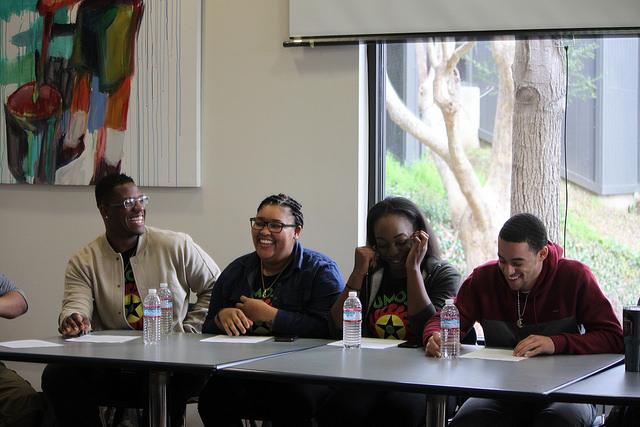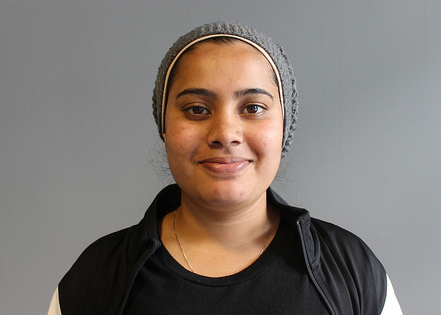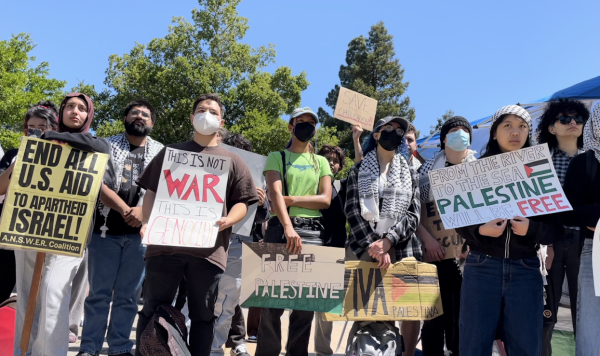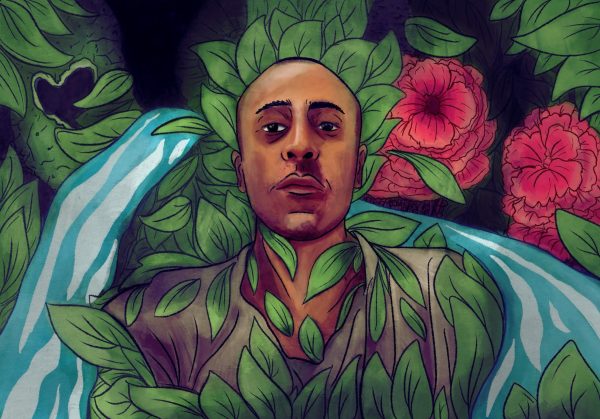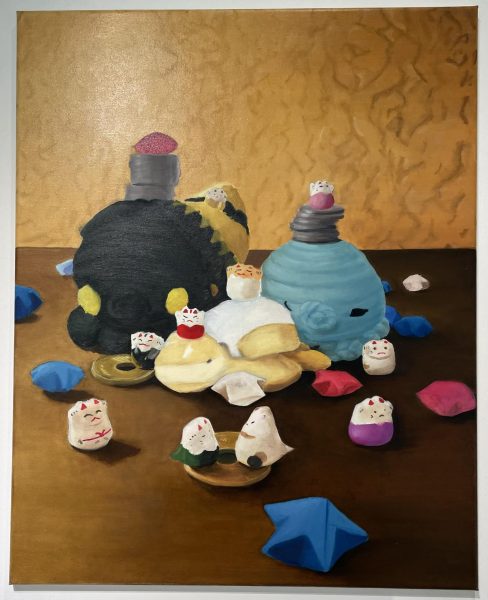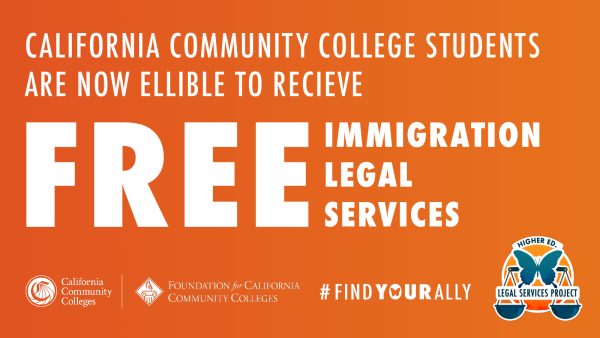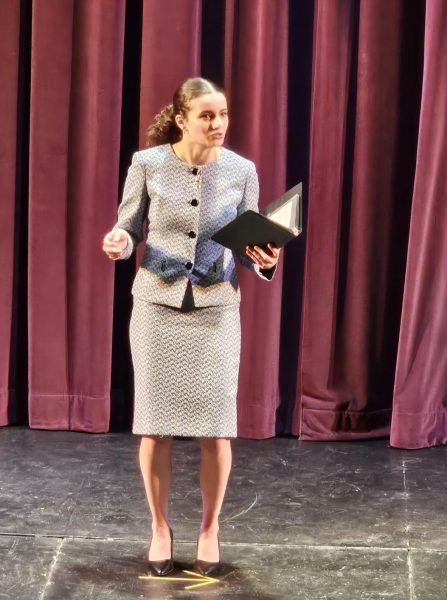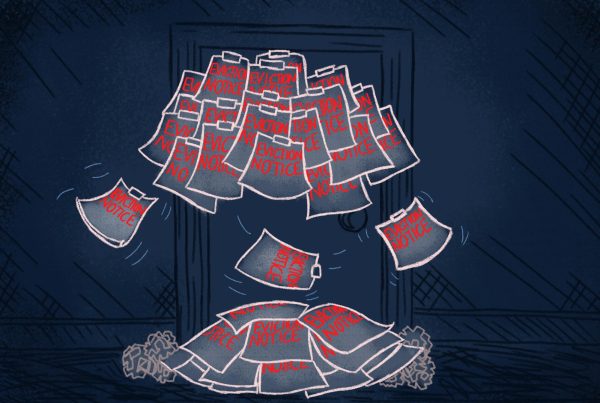Umoja students speak about how race affects their lives
From left to right: Tiante Lee-Thomas, 20 Claunesha William, 20 Shanice Mitchell, 19 and Cameron Schmidt, 19, make up part of the Umoja panel.
March 7, 2017
Seven African American students spoke during Black History month on how stereotyping has affected them in their daily lives both at school and outside of school.
Race in America: Students Speak, an annual panel held during Black History Month, consisted of students who are a part of the Umoja program at Diablo Valley College.
Co-coordinator of the program, Yvonne Canada, who helped moderate the panel said, “Our intention here is to create a safe space. To create a safe space for all our participants to ask questions. A safe space for all our panelists to share their thoughts, their ideas.”
Opening the panel, students were asked how the portrayal of the media impacts them in their daily lives. Panel member Arieal Young, 20, said that she wouldn’t see or hear anything positive in the news and that movies would reinforce negative images and stereotypes of African Americans.
Talking about the media and the portrayal of African Americans, Shanice Mitchell said that is “irritating” that the media only shows the hardships that African Americans have faced and not any of their achievements and that “society is kinda judging blacks as a whole.”
Speaking of how media’s portrayal of African Americans affects his life, panel member Ron Jones II said, “I can walk down the street and be stopped and asked where I’m going.”
Cameron Schmidt said that when he looked up the population of African Americans who attend DVC, he found out that the number was only six percent.
Ron Jones II said that the six percent statistic matters because it has to do with relatability. He said that he felt isolated in the classroom because he would have no one to talk to.
The panel ended with members talking about how Umoja has impacted their lives and how the program is helping them.
Ron Jones II said that since joining, “it’s been beautiful” and that being a part of the program is like “being a part of a community and that they all treat each other like family.”
“Through Umoja I’ve become more comfortable with myself. I don’t have a problem raising my hand and giving my opinion,” panel member Tierra Lynch said.





































































